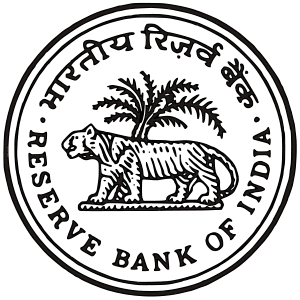A lot of uncertainty and little by way of facts. Brexit poses big challenges – but also big opportunities – for risk managers. Airmic members talk to Jessica Titherington about Brexit and what it means for them. “It feels like we’re in the eye of a storm at the moment,” says Karla Cruickshanks, risk and business continuity manager at law firm DLA Piper. “There was a huge build up to the vote and a lot of activity immediately after the results, and now it’s gone quiet. Everyone is waiting.” And here in lies the problem facing risk managers: Brexit is a huge concern for UK companies but there are very few hard facts amid the noise. Knowing how to tackle it is extremely difficult.
Continue reading…
Gone are the days when organisations could simply promise a speak up culture. Today, fostering a culture of trust, integrity, and a positive work environment…
Download whitepaper







